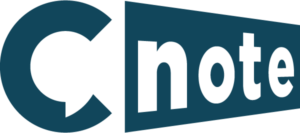Buyer’s Guide: Homeowners Insurance
For mortgage lenders, ensuring that borrowers maintain adequate homeowners insurance isn’t just a cautious move—it’s a vital step for securing the investment and mitigating risk. Homeowners insurance serves as a safeguard, covering damages to the property in the event of disasters or unforeseen circumstances. This guide delves into the critical aspects of mortgage homeowners insurance from a lender’s perspective, highlighting its features, benefits, and considerations for successful integration into your lending process.
What is Homeowners Insurance?
Homeowners insurance is a policy that provides financial protection to homeowners in the event of damage or destruction to their property. For mortgage lenders, it’s a necessary requirement, ensuring that the collateral securing the loan is protected against unforeseen losses, thus preserving the property’s value.
Features of a Mortgage Homeowners Insurance
Not all homeowners insurance policies are created equal, especially from a lender’s point of view. Key features to look for include:
- Comprehensive Coverage: Policies should cover a wide range of events, including natural disasters, theft, and vandalism.
- Liability Protection: Protection in the event someone is injured on the property and the homeowner is found liable.
- Living Expenses: Coverage for temporary living expenses if the home is uninhabitable after a covered loss.
- Flexible Deductibles: Options for different deductible levels that can influence premiums and affordability for borrowers.
Benefits of Mortgage Homeowners Insurance
Integrating homeowners insurance into the mortgage lending process offers several advantages:
- Risk Mitigation: Reduces financial risks to both the lender and the borrower if a catastrophic event damages the property.
- Loan Security: Preserves the value of the collateral securing the loan, ensuring it remains adequate.
- Borrower Protection: Encourages borrowers to maintain their homes, potentially increasing the property’s longevity and value.
Does Mortgage Homeowners Insurance Work for All Lines of the Mortgage Business?
Mortgage homeowners insurance can be relevant across many lines of the mortgage business, especially servicing, origination, and portfolio management. It helps protect collateral, reduce risk exposure, and ensure compliance. However, its direct applicability may vary based on loan type, investor guidelines, and whether the lender retains servicing rights.
Other Considerations When Evaluating Mortgage Homeowners Insurance
Specialization:
Look for policies tailored to the specific types of residential properties you finance—such as single-family, multifamily, or condo units—to ensure appropriate and effective coverage.
Internal Resources Needed:
Consider whether your institution has the expertise to assess insurance policies or if an external specialist is needed.
Technology & System Access
Ensure your systems can support real-time insurance verification and tracking, reducing manual effort and improving compliance accuracy.
Compliance requirements
Verify that all policies meet applicable local, state, and federal requirements, including coverage minimums and investor-specific standards.
Integration, Performance & Ongoing Oversight
Choose solutions that integrate smoothly into your loan origination and servicing workflows. Monitor policy performance regularly to surface issues early and optimize outcomes.
How Much Does Mortgage Homeowners Insurance Cost?
Homeowners insurance premiums vary based on property value, location, coverage level, and risk factors like natural disaster exposure. On average, borrowers can expect to pay between 0.25% and 0.33% of the home’s purchase price annually. Lenders should guide borrowers to understand these costs as part of overall affordability.
To Recap
Mortgage homeowners insurance is essential to protecting both lender investments and borrower assets. It ensures the property securing the loan remains protected from unexpected damage or loss, reducing financial risk and supporting loan performance.
This guide explored the fundamentals of homeowners insurance from a lender’s perspective—including key policy features, operational benefits, and critical considerations for successful implementation. Whether applied in origination, servicing, or portfolio management, understanding and integrating the right insurance solutions can lead to stronger compliance, better borrower outcomes, and long-term risk mitigation.



